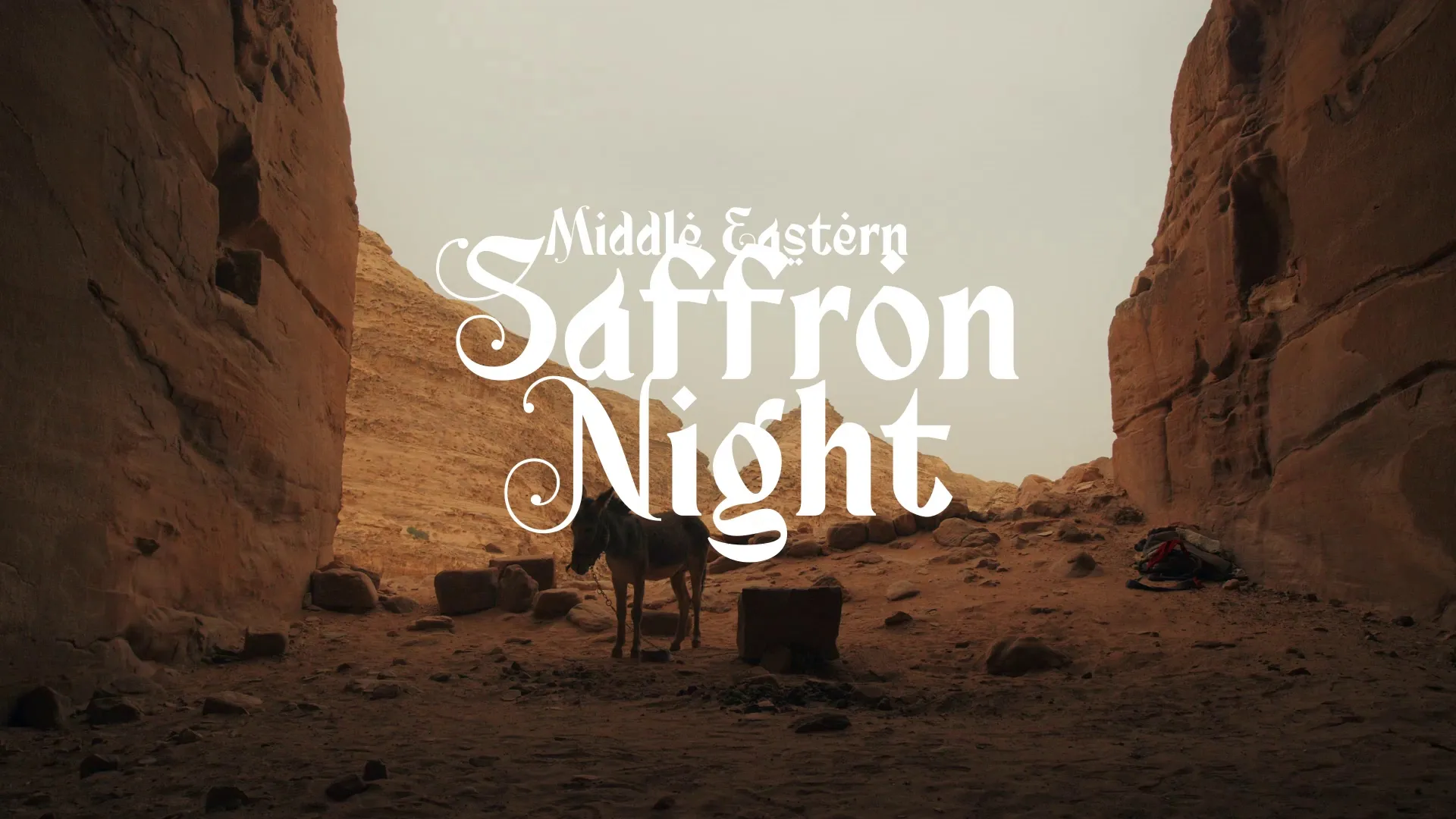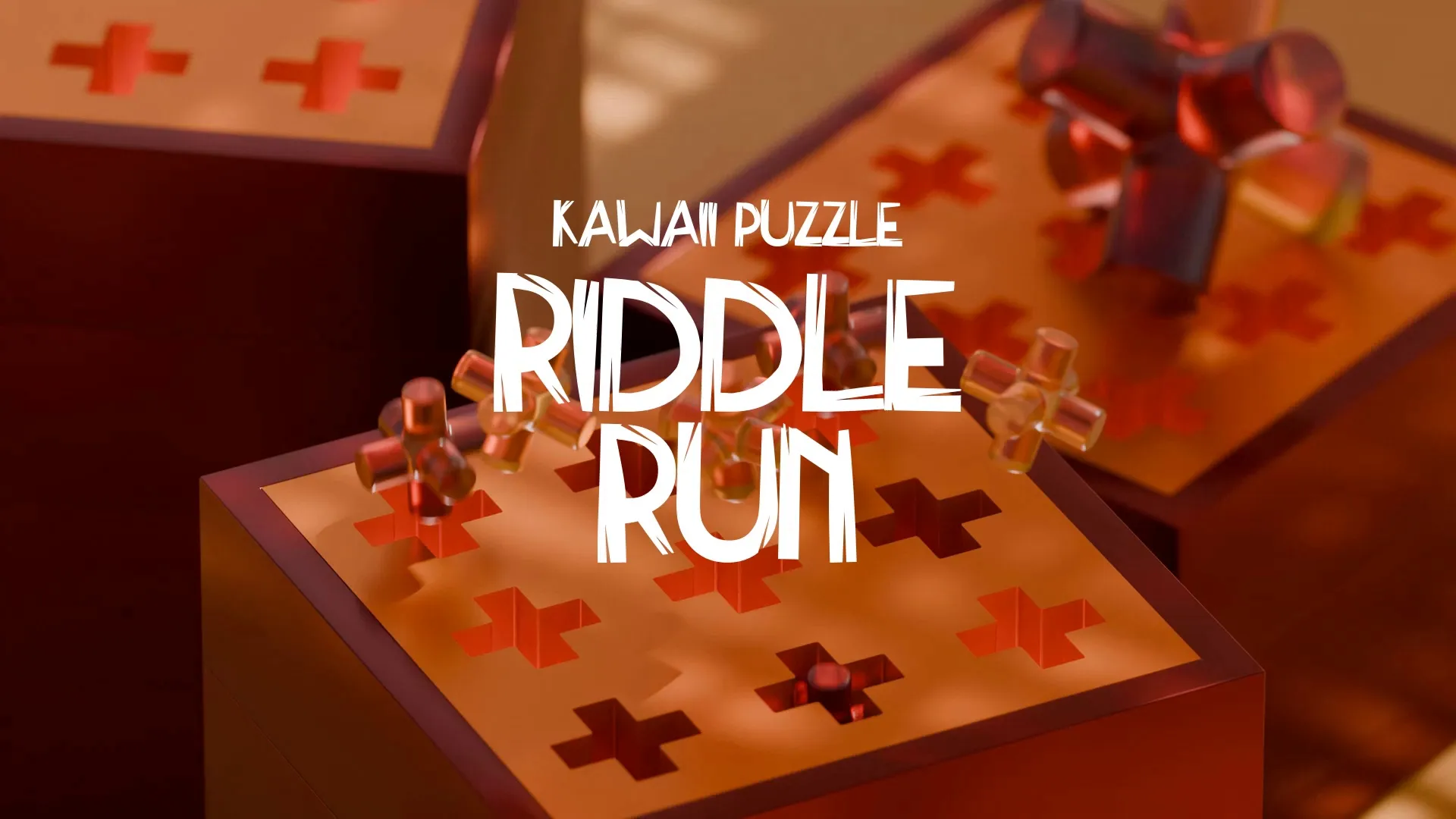Beyond the Title Screen: Best Practices for Naming Your Game and Why It Matters
A game’s name is more than just a label; it’s the first impression, a marketing hook, and a key element of its identity. Many developers overlook the strategic importance of this early decision, treating it as an afterthought. However, a strong, well-chosen name can significantly impact your game’s discoverability and marketing efforts, setting the stage for its success.
The Power of a Memorable Name
Your game’s name is its most fundamental piece of branding. It needs to be sticky, easy to recall, and resonate with your target audience. Think about names that immediately conjure an image or a feeling, even if abstract. Avoid overly generic or convoluted titles that blend into the noise of a crowded market.
Clarity and Relevance Are Key
The best game names often hint at the genre, core mechanic, or unique selling proposition. This immediate clarity helps potential players understand what your game is about at a glance. Consider how the name aligns with your game design blueprint and the overall vision of your project. A relevant name minimizes the cognitive load for players trying to decide if your game is for them.
Availability: The Practical Reality
Before you fall in love with a name, check its availability. This includes domain names, social media handles, app store listings, and potential trademarks. Nothing sours early enthusiasm like discovering your perfect name is already taken. Thorough research in this early development phase can save significant headaches and rebranding costs later on, helping you to minimize scope creep early development.
SEO and Discoverability
In today’s digital storefronts, discoverability is paramount. An SEO-friendly name can help players find your game through search engines and store algorithms. Consider keywords relevant to your game’s genre or mechanics, but don’t sacrifice memorability for optimization. Balance descriptive terms with unique identifiers to create a name that is both searchable and distinctive.
Branding and Marketing Impact
Your game’s name will be plastered everywhere: trailers, screenshots, press releases, and merchandise. It needs to look good, sound good, and be pronounceable. Consider how it will translate across different cultures and languages if you plan for global release. A strong name forms the bedrock of your marketing strategy, making it easier to craft compelling taglines and an effective game dev elevator pitch.
Common Naming Pitfalls to Avoid
Many developers stumble into predictable traps when naming their games. One common pitfall is choosing a name that’s too generic, like ‘Fantasy Quest’ or ‘Space Shooter,’ which offers no unique identity. Another is selecting a name that is overly complex or difficult to spell and pronounce, hindering word-of-mouth marketing. Avoid internal jargon or references that only make sense to your development team, as these alienate your audience. Don’t pick a name that’s too long; shorter, punchier names are generally more effective and memorable. Lastly, neglecting to check for availability across all relevant platforms can lead to costly rebranding or legal issues down the line.
Iteration and Feedback
Naming isn’t always a one-shot deal; it often requires iteration. Brainstorm multiple options, then narrow them down based on the criteria above. Test potential names with a small group of your target audience. Their initial reactions and associations can provide invaluable feedback. Tools like Wayline’s Marquee can help you generate original, compelling game names by exploring various themes and styles.
Real-World Impact on Indie Devs
The choice of a game name can directly influence its commercial viability, which is especially critical for independent developers. Understanding the market and how your game will be perceived is crucial, not just for naming but for overall strategy. For more insights into the financial realities of the industry, you might find it useful to read ‘Realistically, How Much Does an Indie Game Dev Make Per Year?’ which provides context on the importance of every strategic decision, including branding.
Conclusion
Naming your game is a foundational step that deserves careful consideration and strategic planning. It influences everything from discoverability and marketing to player perception and brand identity. By focusing on memorability, relevance, availability, and market impact, you can select a name that truly empowers your game. Invest the time upfront to choose a name that not only stands out but also accurately represents the incredible experience you’ve created, setting your project up for sustained momentum and success.





.webp)















.webp)
.webp)
